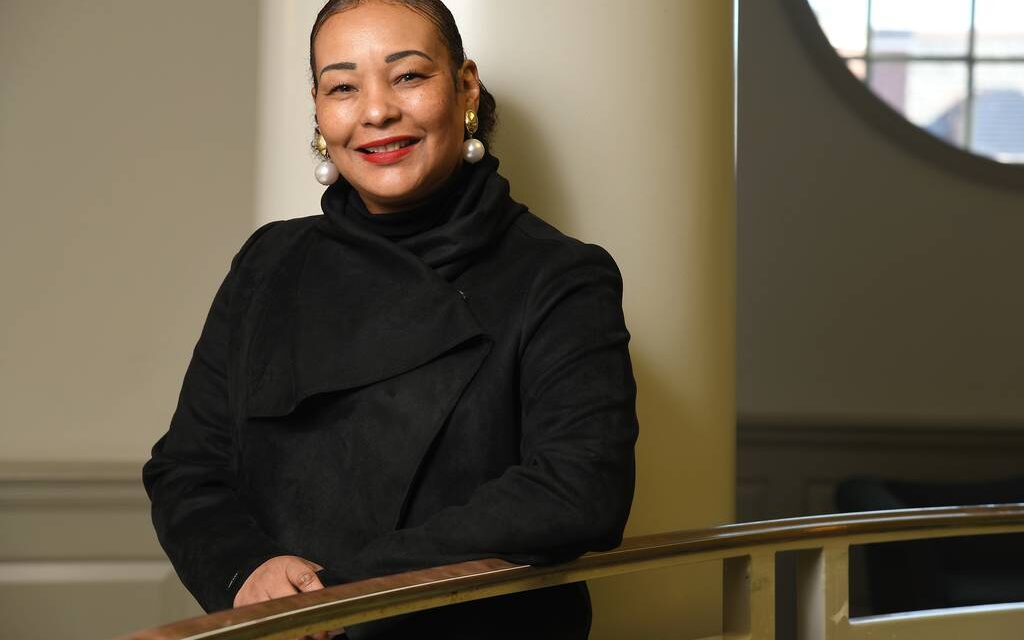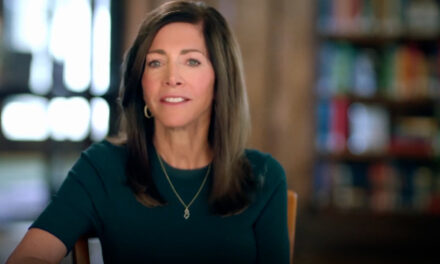For over 25 years, April Ryan has had a front-row seat to some of the largest changes in America as the country’s longest-serving Black, female White House correspondent.
Ryan, who was selected as a Sun Woman to Watch in 2018, has focused on issues that impact Black Americans through five presidencies — including the Donald Trump years, during which she landed in the spotlight herself when Trump told her to sit down, after she had asked a question at a news conference, and called her “nasty” and “a loser.”
With another presidential election approaching, and Trump again a likely candidate, Ryan said she sees extremists hyperfocused on race because they feel their power waning in the “browning of America.”
“The racism is overt. It’s not subtle. It’s in your face,” said Ryan, a Baltimore native who graduated from Morgan State University and now serves as the Washington, D.C., bureau chief for TheGrio, a free, digital media network. “The older I get, the more I see and the more I hear in this unique perch that I’ve been in, the more pain I feel, because I’m like, ‘When will this — when will it get better?’”
Ryan is among the many women with close ties to Maryland who have helped bring social justice issues involving race, gender, identity, equity and representation to the forefront of discussion in the public sphere.
Many of those influential women have been featured in The Baltimore Sun’s Women to Watch magazine over its decade of publication.
There have been shining and even historic moments in those 10 years: Calls have rung out for representation and accountability via social media pushes like #OscarsSoWhite and #MeToo and through protests demanding justice for lives lost to police brutality that have led to criminal convictions and new laws.
Ryan noted that more people from marginalized communities who understand the needs of the underserved are in political offices. A little over a decade after America elected its first Black president, the country seated its first Black, Asian American and female vice president, Kamala Harris.
Representation has come to Maryland, too, with the election of Wes Moore, the state’s first Black governor, and Aruna Miller, the first woman of color to serve as lieutenant governor and one of this year’s Women to Watch. In the state, progressive advocates have secured victories through the passage of legislation like this year’s Trans Health Equity Act, which requires equitable access to gender-affirming care, and measures to strengthen abortion rights after the U.S. Supreme Court overturned Roe v. Wade last year.
Longtime delegate Adrienne A. Jones became the first woman and first African American speaker of the Maryland House of Delegates in 2019, the same year she was named a Woman to Watch. The whiter, more male House she joined 26 years ago would not have made issues like abortion and domestic violence legislative priorities as its current membership has, she said.
While racism may have become more overt in recent years, so too has the pushback from activists, Ryan said. She pointed to the killing of two Black men in 2020 — George Floyd, who was murdered in Minneapolis by police; and Ahmaud Arbery, who was murdered by three white men who chased him through their South Georgia neighborhood — as moments where onlookers said “this is not going to happen” without accountability.
In what many see as a chilling prequel to Floyd’s death, a young African American man named Anton Black died on the Eastern Shore in 2018 after police chased, tased and cuffed him, laying their body weight on top of him for almost six minutes. One of the officers in Black’s death had multiple use-of-force complaints against him from a previous job.
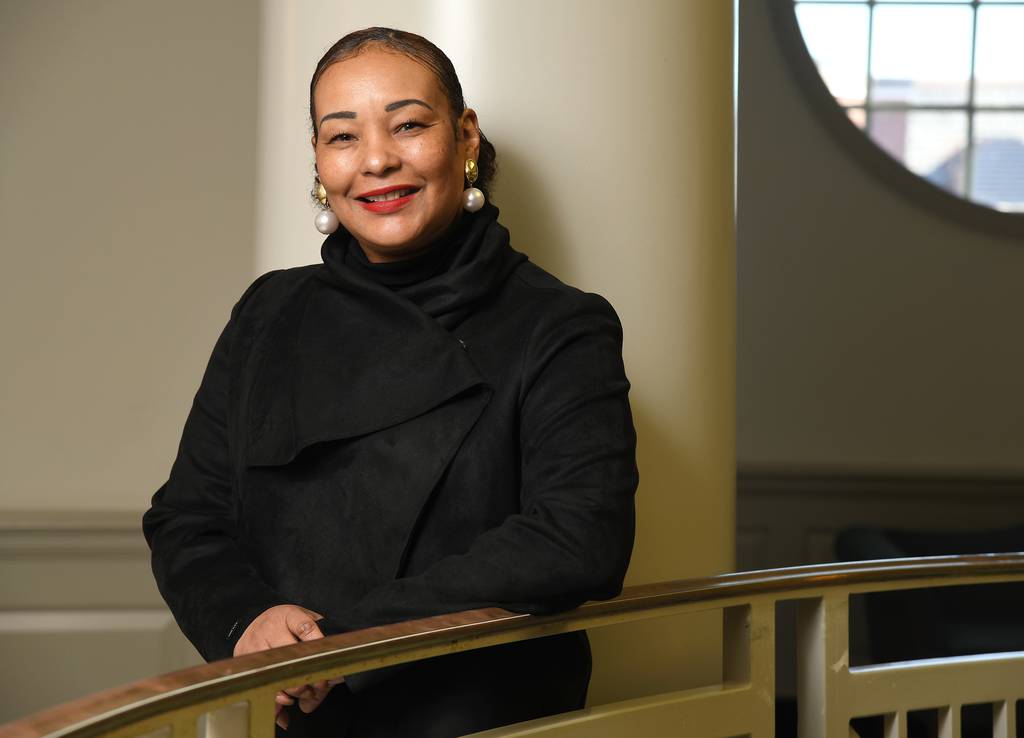
When the General Assembly passed a sweeping criminal justice reform bill in 2021, among the components was Anton’s Law, which increases public access to police disciplinary files.
The law was sponsored by 2017 Woman to Watch honoree Sen. Jill P. Carter, who had long championed other measures included in the bill, which requires independent review of police-involved deaths and a focus on treatment over incarceration.
Carter said she is pleased to see progress amid the continuing fight for police accountability and against mass incarceration. She points to how she was mentioned in the February 2022 apology by The Sun’s editorial board for the paper’s history of racial prejudice, in which writers noted that she had “raised alarms” for years about police brutality and the need for reform.
“Society,” Carter said, “caught up with me.”
More Women to Watch
The Academy of Motion Picture Arts and Sciences caught up with concerns about lack of diversity in its award recipients after the #OscarsSoWhite campaign April Reign launched on Twitter, the website now called X, went viral in 2015.
That year, the academy had not nominated a single actor of color in its best acting categories. In response, Reign posted “#OscarsSoWhite they asked to touch my hair.”
By lunch of that day, the former Howard County resident’s sarcastic jab at the academy was trending worldwide, and it soon spurred serious ruminations in Hollywood.
“Over the years, #OscarsSoWhite has now turned into a conversation about the importance of representation of traditionally underrepresented communities in entertainment as a whole,” Reign said. “It’s taken on a life of its own.”
Reign left a career in law to have conversations about diversity and inclusion around the world. In her new chapter, which includes working as a senior adviser for the market research platform Gauge and as an adviser for the Black and queer-focused social media app Spill, Reign keeps a close eye on tides that are starting to turn.
“Especially in the last year or so, I think we’ve seen quite a bit of backlash against diversity and inclusion,” Reign said.
Corey Shdaimah, a professor of social justice at the University of Maryland School of Social Work, said activists have long faced pushback. She points to the Stonewall uprising that followed a 1969 police raid of a gay nightclub in New York, a defining moment in the fight for LGBTQ rights.
“There’s a backlash, particularly in states where people are being asked not to be who they are,” Shdaimah said.
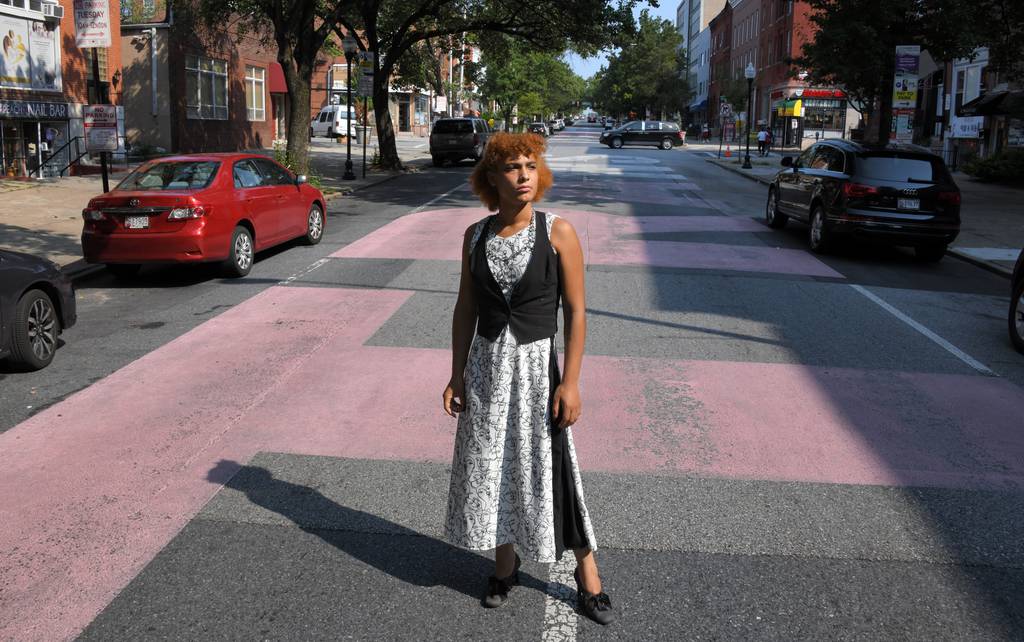
As other states pass anti-LGBTQ bills affecting schools, sports, health care and public accommodations, activist and artist Jamie Grace Alexander (Women to Watch 2020) said she tries to work close to home.
“One of the biggest things that I do is focus locally instead of nationally,” the Black trans activist said.
Even if Maryland is a more liberal state, she said, it still has a wide range of perspectives and wealth inequities, leaving many trans people “feeling isolated and scared” and unable to fully access services. That is why she lauds the Trans Health Care Equity Act, which expanded the type of gender-affirming care covered by Maryland Medicaid, and which she helped get through the General Assembly this year.
“The overwhelming positive of getting a win legislatively is it affects the entire state of Maryland,” she said. “Rural places need this just as much.”
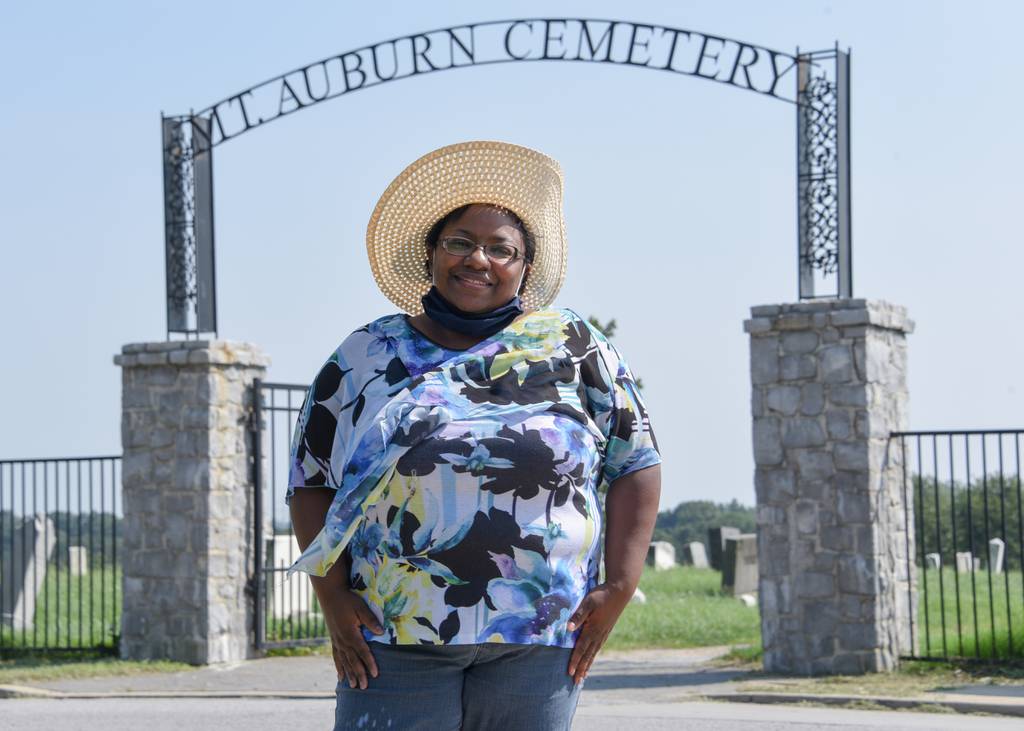
For 2017 Women to Watch honoree Keisha Allen, even neighborhood-level activism is set against the backdrop of historic neglect of predominantly Black communities.
As president of the Westport Neighborhood Association, she is vigilant about issues of gentrification. Located on the Middle Branch of the Patapsco River, Westport is home to one of the city’s last undeveloped stretches of waterfront — making it attractive to developers but raising the fears that longtime residents will get pushed, or priced, out.
Neighborhood residents have been working through programs, including a community land trust, to help keep housing affordable.
“It’s saving a community,” Allen said, “that deserves to meet its future.”
But Allen says activism itself can have its costs, especially for women of color whose volunteer work can be taken for granted.
“There is an attitude in Baltimore City that women, but especially Black women, are considered a zero-dollar line-item in budgets,” she said. “We’re expected to provide all this labor for free. I’m worried about our Latina sisters, who are now gaining more prominence, falling into that trap.”
While still getting an undergraduate education, Marí Perales Sánchez (Women to Watch 2020) joined her school, Princeton University, in a lawsuit against efforts to cancel the Deferred Action for Childhood Arrivals Program. The plaintiffs won their case in 2020 but challenges to the law persist. In September, a federal judge in Texas ruled the Biden administration’s version of DACA was illegal; however, the decision allowed the program to continue for now.
Sánchez, who immigrated to the U.S. from Mexico at 8 years old and now studies law at Yale University, said immigrants need concrete and permanent solutions when pursuing asylum and residency that don’t rely explicitly on cases like hers.
Change, she said, is going to “come from the people, not from the courts.”
The power of the people, especially of the rising Gen Z, keeps Reign “cautiously optimistic” about the country’s future, despite the backlash she’s witnessed.
“Hopefully, that type of a more inclusive society will come sooner rather than later,” Reign said. “But I think we all have a responsibility to do what we can to make this place better for our community.”

